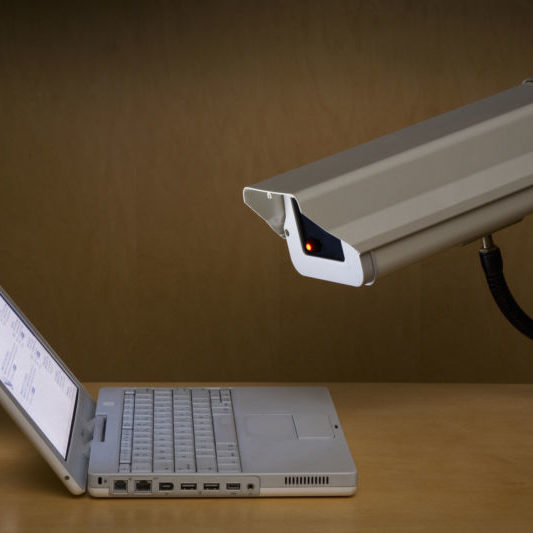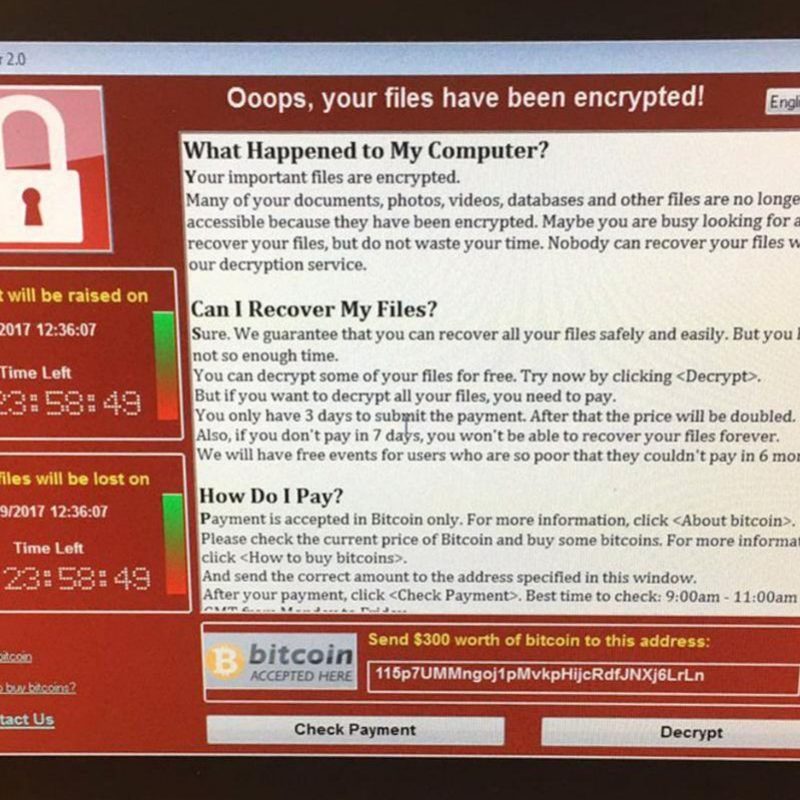There has been an abundance of news related to Internet Health this week, including some troubling developments on the privacy front. Have a look below to see what we’ve been watching and reading at the office this week.
Online Privacy + Security
The Washington Post: The Senate just voted to undo landmark rules covering your Internet privacy
Senate lawmakers voted Thursday to repeal a historic set of rules aimed at protecting consumers’ online data from their own Internet providers, in a move that could make it easier for broadband companies to sell and share their customers’ usage information for advertising purposes.
At Mozilla, we’re committed to protecting your privacy at all levels, from government to product.
While the process is still very early, the bill now heads over to the House of Representatives. If it passes there, it will go to the President’s desk for his signature. Here are some other outlets who covered this story. New York Times, The Hill, NPR, Reuters, Consumer Reports, The Daily Beast, Los Angeles Times, PC World, Vanity Fair and Politico Morning Tech.
Web Literacy
Fox News: High-tech school bus ‘study hall’ helps students in South Carolina
More than two dozen school buses in a rural county in South Carolina have a Wi-Fi connection to help students with their homework. Tech giant Google has invested nearly $180,000 for the state’s first “Rolling Study Hall” initiative. The money was used to provide Wi-Fi on 28 of 194 buses that drive to and from the Title I Schools. The company also provided backpacks and Chromebooks.
BBC: The township women in South Africa learning tech
In a township in Cape Town, a new scheme is helping women develop web literacy. Far more men than women access the internet in the developing world, and the UN and the Mozilla Foundation are trying to redress the balance.
Digital Inclusion
The New York Times: In New York, Bringing Broadband to Everyone by 2018
While President Trump’s pledge to rebuild the nation’s infrastructure has focused largely on roads, bridges and airports, the need to expand the broadband network is just as dire. The United States ranks 15th in broadband connectivity, behind countries such as South Korea and Canada, according to a 2011 study from the Organisation for Economic Co-operation and Development.
Under Gov. Andrew M. Cuomo’s “Broadband for All” initiative, New York’s program is one of the most aggressive broadband expansions in the country, and is designed to help stem any losses a private company incurs through what is known as a reverse auction process.
Open Innovation
The Next Web: Whoops! EU’s copyright reforms might suck for AI startups
Governments are having a hard time keeping up with the world of technology, and the EU is no different. By its very nature, governing bodies are slow to change, while the tech industry’s speed is astounding — it’s basically like a hippo chasing a cheetah.
The Verge: The Raspberry Turk is a DIY chess robot with instructions to build your own
Chess is famous as perhaps the most respected board game ever played, and we often uses chess as a way to metaphorically teach lessons about the world. But as it turns out, chess is also pretty good at teaching programming lessons, too. And the Raspberry Turk — a chess-playing robot from developer Joey Meyer — is a masterwork in that regard, serving as a way to learn everything from machine vision to robotics to AI.
Decentralization
The New York Times: How the Internet Is Saving Culture, Not Killing It
One secret to longevity as a pundit is to issue predictions that can’t be easily checked. So here’s one for the time capsule: Two hundred years from now, give or take, the robot-people of Earth will look back on the early years of the 21st century as the beginning of a remarkable renaissance in art and culture.
GIF of the day!




